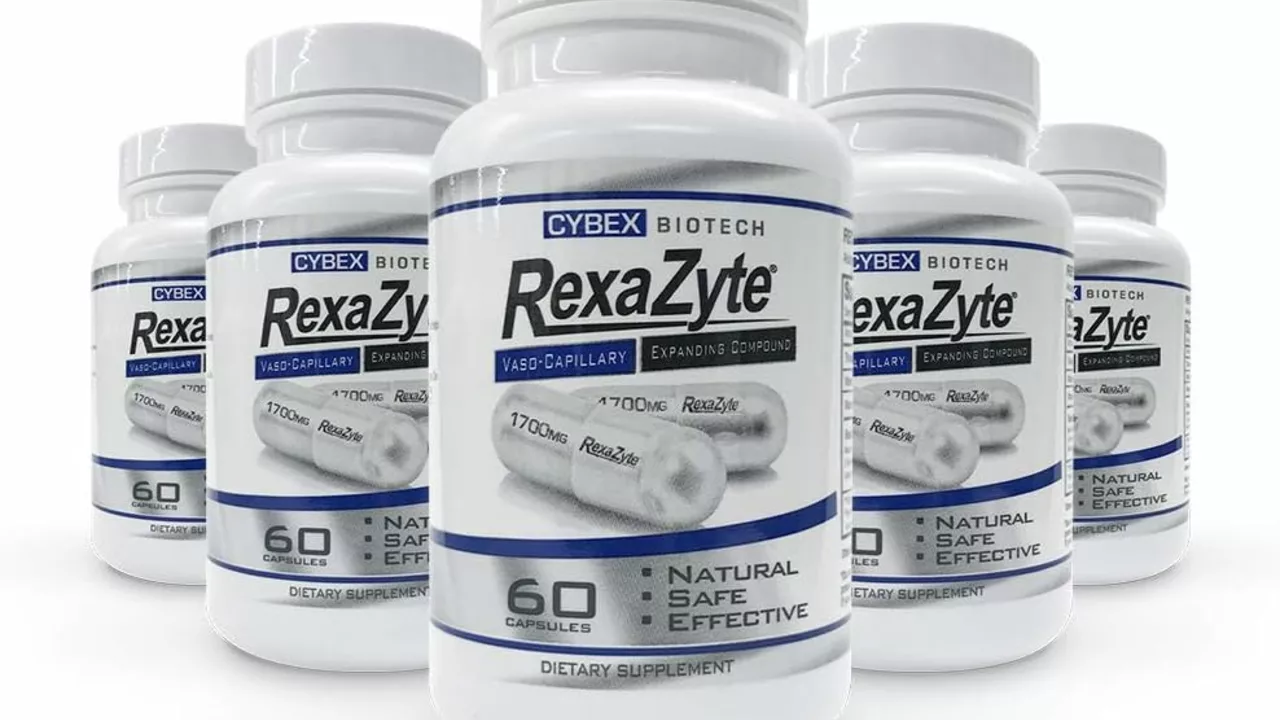Enhance performance: simple steps to boost body and brain
Want more strength, clearer thinking, or better stamina in the gym, office, or bedroom? Small, steady changes beat flashy shortcuts. This page gives clear, usable steps you can start this week—sleep, training, food, timing, and safe supplements. Talk with your doctor before trying new prescription drugs or supplements.
Training and recovery
Strength work builds long-term power. Aim for two to four resistance sessions weekly, focusing on big moves—squats, deadlifts, presses, rows. Add one interval cardio session (20 minutes of hard efforts with easy recovery). Keep form strict; stop when technique slips. Recovery is part of the plan: target 7–9 hours of sleep and schedule at least one full rest day each week. Use simple measures to track progress: heavier lifts, steadier heart rate during effort, better daily energy.
Nutrition, supplements, and timing
Protein matters. Try for 0.7–1.0 grams per pound of body weight if you train hard. Include whole carbs and vegetables to keep energy steady. Drink water all day and add electrolytes for long or sweaty workouts. Eat a balanced meal 2–3 hours before training or a light carb-plus-protein snack 30–60 minutes prior. After exercise, aim for protein and carbs within two hours to speed recovery.
Useful, evidence-backed supplements: creatine monohydrate (3–5 g daily) helps strength and mental clarity. Caffeine (100–200 mg) boosts focus and performance—take it 30–60 minutes before activity. Pair caffeine with L-theanine (about 100 mg) to reduce jitters. Choline-rich foods (eggs, soy, liver) support memory; consider a choline supplement if your diet is low. For blood sugar support, some people use berberine—discuss dosing with a clinician. Skip unproven stimulant stacks and high doses from unknown sources.
Check basic health markers before chasing gains. Low iron, low testosterone, thyroid issues, sleep apnea, and poor blood sugar control all sabotage performance. A simple blood panel and a visit with your doctor can reveal easy fixes.
Small habit changes add up. Improve sleep by keeping a regular bedtime, cutting screens an hour before bed, and cooling the room. Manage stress with short breathing breaks or a quick walk. Schedule workouts like appointments so they actually happen. Start with one habit this week—extra sleep, one more protein meal, or a new strength session—and stick to it for four weeks, then add another.
Avoid shortcuts. Don’t trust unknown online “meds” or extreme diets. If you’re considering prescription options for sexual performance or energy, use them only with a doctor’s guidance. Track, tweak, and repeat: consistency beats miracles. Little wins stacked over months deliver the biggest performance gains.

- Jun 28, 2023
- SkyCaddie Fixer
- 17 Comments
Wheat Bran for Athletes: How This Dietary Supplement Can Enhance Performance
In my latest blog post, I delve into the benefits of wheat bran for athletes. This dietary supplement is packed with fiber and essential nutrients that can significantly boost an athlete's performance. It helps in maintaining energy levels, improving digestion, and aiding in muscle recovery. Plus, it's a natural and safe option for those looking to enhance their physical performance. So, if you're an athlete, you might want to consider adding wheat bran to your diet.
